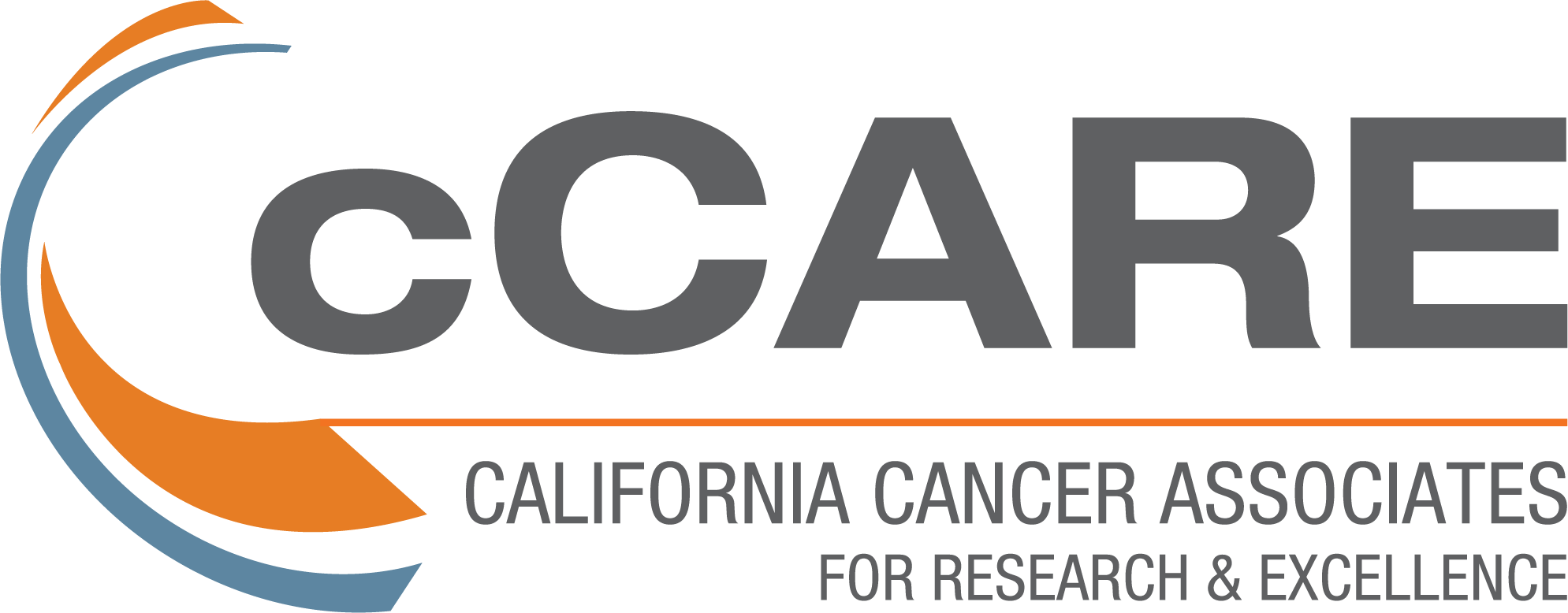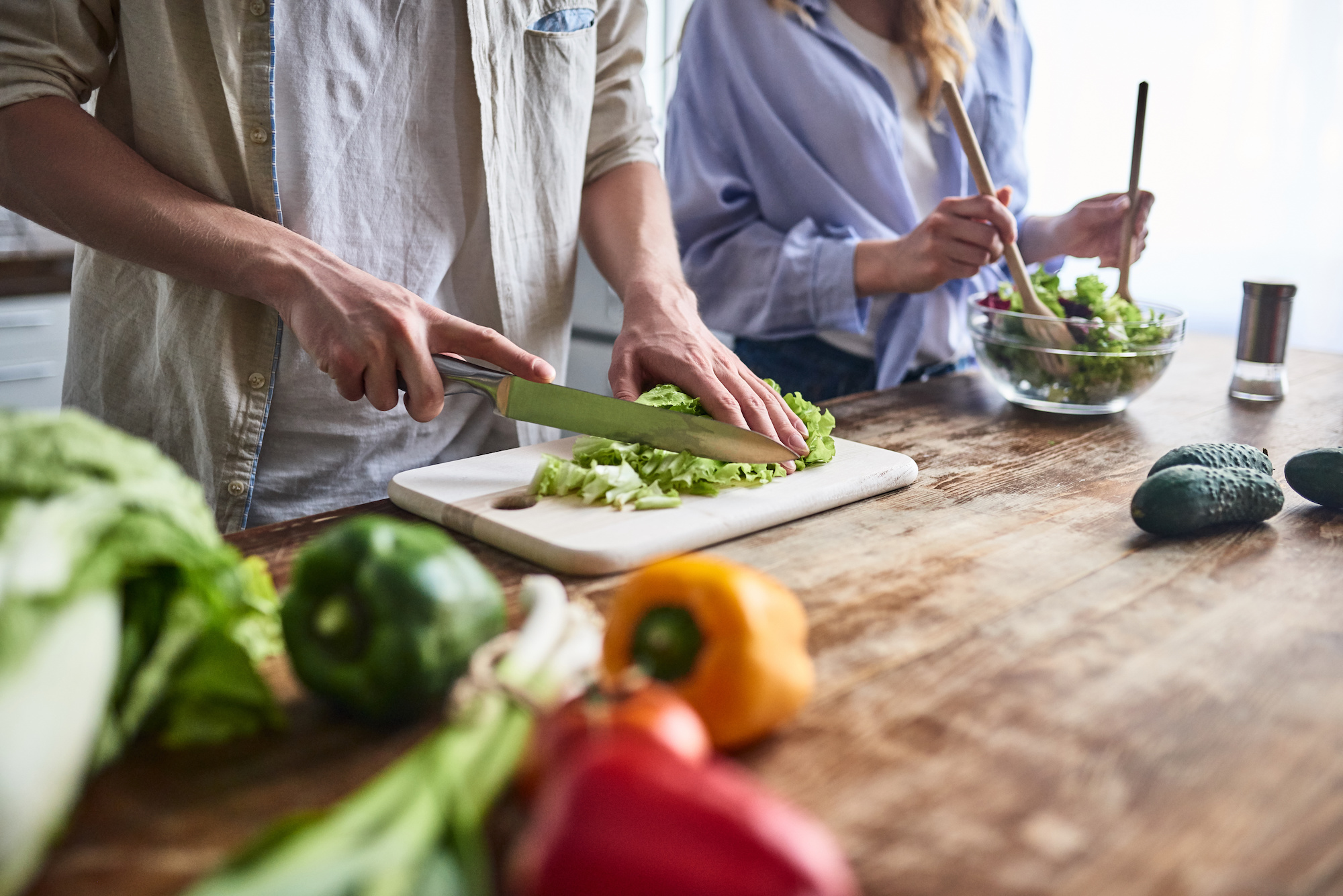Maintaining a good fighting weight can help you go the distance in your bout with cancer
A cancer diagnosis is tough. Then comes treatment and its side effects, presenting more challenges. You really can’t do anything to prevent the side effect of, say, hair loss.
But when you drop pounds from chemo treatment or gain weight during breast cancer hormone therapy, you should definitely try to do something about it. As the National Cancer Institute points out, eating a healthy diet and maintaining a proper weight with cancer treatment will:
- Help you stay strong.
- Lower the risk for infection.
- Enable the emotional and physical fortitude to cope with side effects.
- Increase the chance of continuing treatment without unplanned breaks.
We know that some cancer treatments work better in patients who are highly nourished and ingest a healthy amount of calories and protein. A healthy diet can help build new tissue, prevent some tissue from breaking down, and possibly enable a patient to handle higher doses of some drugs.
Plan for weight changes from cancer treatment
Before treatment, our oncologists will talk to you (or your loved one who is the patient) about what to expect in nutritional changes and either body weight gain or loss. Most of the time, cancer treatments cause weight loss, but weight gain does occur in ovarian, breast and prostate cancers (see the section on that below).
We want you to prepare to make treatment as smooth as possible by creating a grocery list, shopping and preparing food ahead of time. Fill any prescription medicines in advance that can help with nausea, diarrhea or constipation.
Despite all the best intentions, many patients experience weight loss from cancer treatment. Chemotherapy, especially, causes appetite loss, nausea, dehydration, mouth sores, trouble swallowing, diarrhea, and other effects that turn eating into a chore. Many patients resist eating or lose the desire to even try.
Patients, loved ones and caregivers should remember that there will be good days and not-so-good days during treatment. Suggestive, calm support rather than pushing or nagging will help encourage a patient to eat. The tips in Dr. Joel Lamon’s blog below will also help a lot.
Related Reading: Eating for Pleasure Is the Optimal Cancer Diet for Patients
Tips to keep the calories coming
It is imperative that a patient keeps an open mind and tries to eat as much as possible to prevent weight loss with cancer treatment. The most important tools a body needs during a course of treatment are nutritional calories, proteins and fluids.
Having a variety of protein- and calorie-dense foods ready and within reach enables the patient to get nourishment no matter when he or she is ready to eat.
We encourage patients to eat whenever they have an active appetite. For many people, the biggest appetite comes in the morning. Indulge the notion that a patient may crave the same foods over and over, or conversely, the patient may get bored quickly and need variety.
Here are more helpful ideas to prevent weight loss during cancer treatment.
- Keep a variety of snacks around and ready at a moment’s notice, such as roasted nuts, dried fruit, applesauce, pudding, cheese, sliced fruits and vegetables.
- Try dips, such as hummus, yogurt, mashed avocado and peanut butter, which are tasty complements to fruits and vegetables, adding needed calories and protein.
- Use foods to deter nausea, such as crackers, biscuits, ginger ale, and teas including lemon, peppermint and ginger.
- Eat cooling, soft foods, such as milkshakes, fruit smoothies and Popsicles.
- Remember that during treatment, it’s fine to eat high-fat or high-calorie foods to help maintain a healthy weight. Keep favorite foods in good supply.
- Prepare several small meals a day instead of three large meals.
- Eat favorite foods any time of day.
- Add distractions like watching TV, entertaining visitors or listening to music or podcasts, so that eating is not the sole focus.
- Walk or exercise every day, if your doctor approves.
Drink plenty of fluids, but not during meals
Increasing fluid intake is critical during cancer treatment. A constant flow of nonsugary fluid in the body removes toxins and keeps cells and organs hydrated so they function properly. The National Cancer Institute recommends 8-12 cups of liquid a day.
One surprising tip for cancer patients is not to drink when eating. When the goal is to prevent weight loss in cancer treatment, too much liquid in the stomach may make the patient feel full. If the patient experiences a moment of hunger or urge to eat, it should be satisfied with solid foods.
Drinking water, clear broth and tea is ideal between meals. Meal replacement shakes and powdered protein drinks are good options on days when the patient can’t tolerate solid foods.
When weight loss from cancer treatment becomes a concern
It should be expected that a cancer patient cannot or will not eat sometimes. Caregivers and loved ones can offer company, read them a book or help them organize papers instead. However, if the patient goes more than one day without eating, it may be time to contact us.
Other signs that a call to the doctor is in order include:
- Losing three pounds or more.
- Pain when eating.
- No urination in 24 hours, or no bowel movement in 48 or more hours.
- Having to vomit at times that lasts longer than a day.
Cancer with weight gain: breast, ovarian and prostate
Patients treated for breast cancer, ovarian cancer and prostate cancer typically experience weight gain with cancer treatment. It is often due to the medicines, hormone therapy and chemotherapy associated with treatment.
We talk to patients suffering from these types of cancers, and a nurse or dietician will help them establish a diet plan during treatment. At-home tips for managing weight gain from cancer treatment include:
- Minimize salt intake.
- Avoid sugar-sweetened drinks and sodas.
- Limit high-, empty-calorie foods, such as sweets and ice cream.
- Be wary of foods labeled “low-fat” and “non-fat.”
- Weigh at the same time every day and keep a journal.
- Walk daily, if your doctor approves.
For more tips, explanations and recipes about diet and weight during cancer treatment, download “Eating Hints: Before, during and after Cancer Treatment” from the National Institutes for Health.

